One of the most basic tools used by poultry farmers are egg incubators. They are used by both professional and amateur farmers alike. There are many different types of incubator, so everyone can choose one that matches their needs. That said, there is nothing to prevent you from building your own incubator. How can you make an egg incubator?

One of the most basic tools used by poultry farmers are egg incubators. They are used by both professional and amateur farmers alike. There are many different types of incubator, so everyone can choose one that matches their needs. That said, there is nothing to prevent you from building your own incubator. How can you make an egg incubator?
How to make an incubator for hatching eggs – basic information
To build your own incubator for hatching eggs, you will obviously need the right components. You should be able to find the necessary parts fairly easily, for example on the Internet, while exactly which components you will need to buy depends on your needs.
Let’s start with the housing. This is an important part, as it must ensure stability, thermal insulation, and allow for easy disinfection. For these reasons the best solution is to use high-quality plastic. A transparent window in the cover is a good idea, as it will help you keep track of the incubation process. In addition, the housing should also have holes that will allow the removal of various types of harmful vapours, including carbon dioxide.
The second crucial element, without which hatching would be impossible, is the heater. Heating is necessary to replace the natural heat provided by hens, which is needed for proper development of the embryo. There are many types of heaters available, differing in output power, shape and the material from which they are made. You can therefore adjust this element to the size and shape of your incubator. The most common heaters are made of aluminium and copper alloys.
Another vital element for your incubator is a fan, needed to ensure an efficient flow of fresh air. The heating element together with the fan create a ventilation and heating system, with the task of generating and evenly distributing heat throughout the entire hatching area. It is important that you choose a fan that is appropriately profile, as this will allow the air to be effectively mixed and distributed. There are two types of fans – unframed and framed. The latter option is generally safer for the chickens.
The next element worth considering when incubating goose or chicken eggs is an egg turning tray. Although not absolutely necessary for your incubator, it will make your life much easier. Turning the eggs by hand is very time consuming, especially that you have to do it several times a day during incubation. In addition, such trays are equipped with profiled grooves that allow you to safely place the eggs, which helps you protect them against damage. Some tray types have removable attachments to fit different sized eggs.
The last important element worth considering is a thermostat, used to regulate the temperature in the incubator. Directly connected to the heater it efficiently controls its operation, keeping the heat at a chosen level. Modern thermostats are equipped with an energy saving function and turn off when the heater reaches a certain temperature.
When constructing your egg incubator, don’t forget about a humidity pump and hygrometer. These elements will ensure an appropriate level of humidity in the hatching chamber, which you will also be able to control. When it comes to monitoring the parameters, a thermometer is also important. Depending on the design of your incubator, you can choose an analogue or digital thermometer. You will also need an egg candler to check the quality of the embryos, letting you x-ray the eggshells.
How much does building an incubator for eggs cost?
If you do not want to or don’t have time to build your own egg incubator, you can always buy a ready-made one. There are many models to choose from, differing in size, parameters and available functions. If you are wondering how much an incubator for eggs costs, the answer is that the price range is very wide. Purchasing an incubator will put you back from as little as £20 to as much as a few thousand pounds.
Which incubator should you buy?
When deciding which incubator to buy, you should take into account not only the price, but above all your needs. You can choose from both commercial incubators and ones for amateur home use. The designation of the device is the main factor that determines the necessity of additional functions, such as an automatic temperature and humidity programming system, automatic egg turning, or built-in monitoring tools, such as an egg candler, thermometer and hygrometer.
Incubators intended for commercial use are usually fully automated, and you only need to program them properly and then supervise the hatching process. Models for home use often have a pre-programmed incubation temperature, with limited or no regulation possibilities.
Home-use incubators also often have an analogue thermometer, allowing you to only check the temperature. For comparison, commercial models are equipped with a thermostat with a digital display, which in addition to indicating the heat level, also lets you modify it accordingly.
Another factor influencing your choice of incubator is the number of eggs you intend to incubate. To meet the needs of commercial poultry farmers, such incubators let you fit anywhere from several to even several hundred eggs at the same time. Ones intended for such a large number of eggs usually have several tray levels and, of course, are much larger.
So before you decide to buy a specific model, carefully consider your needs and compare them with the functionality and parameters of various models.
How to make an egg incubator – summary
Are you planning to build your own chicken coop? Poultry farming, whether commercial or for home use, often requires using such equipment as an incubator. You can buy such equipment in specialised shops, for example online. There are so many models available, differing not only in design and size, but also parameters and available functions, that everyone should be able to choose the right model for their needs.
If, however, despite the wide choice you cannot find the perfect incubator, you can always build an egg incubator yourself. You will still need to be prepared for a certain level of expenses, but you will be able to build one that perfectly matches your needs. Building an incubator is not a difficult task and you will find all the necessary elements easily available.
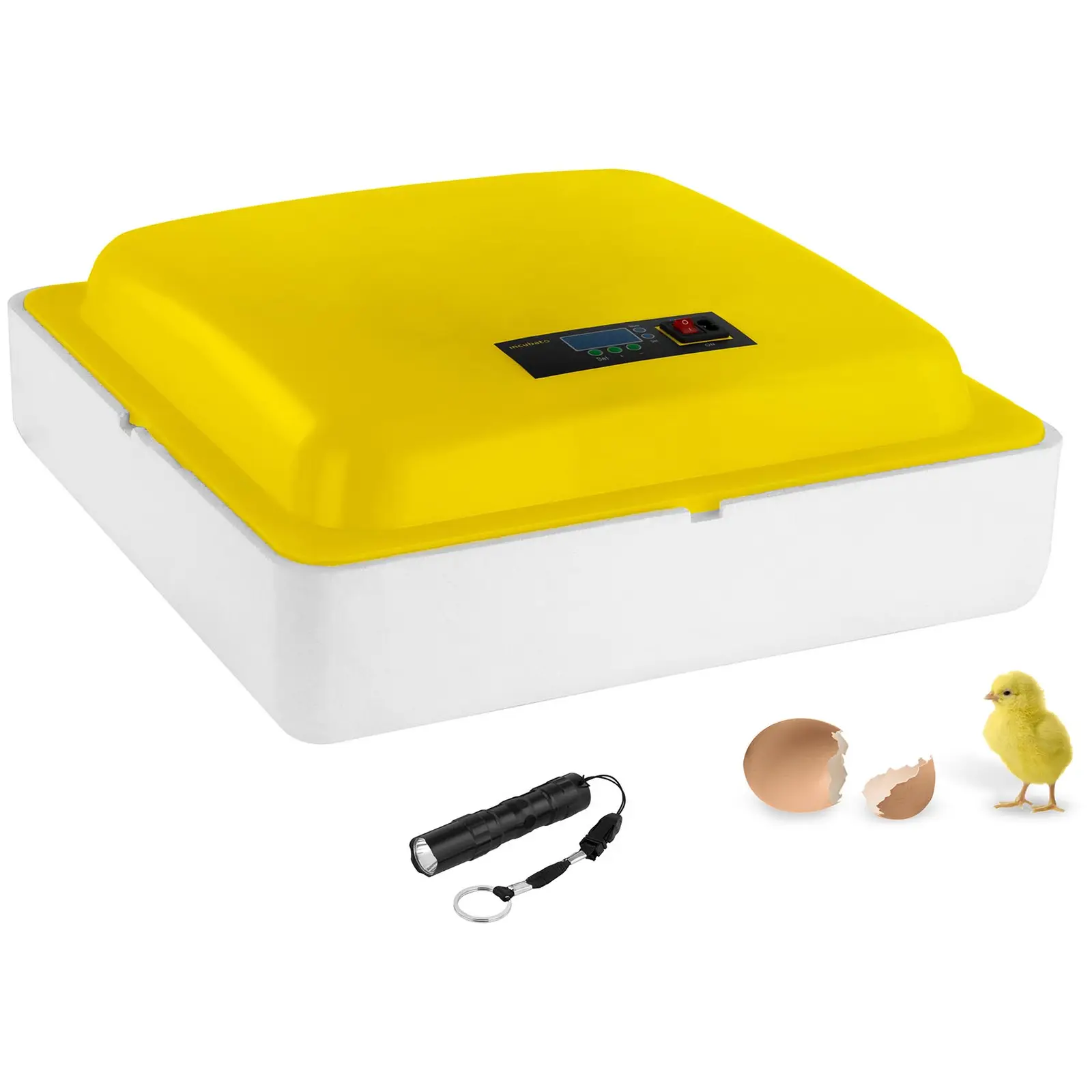
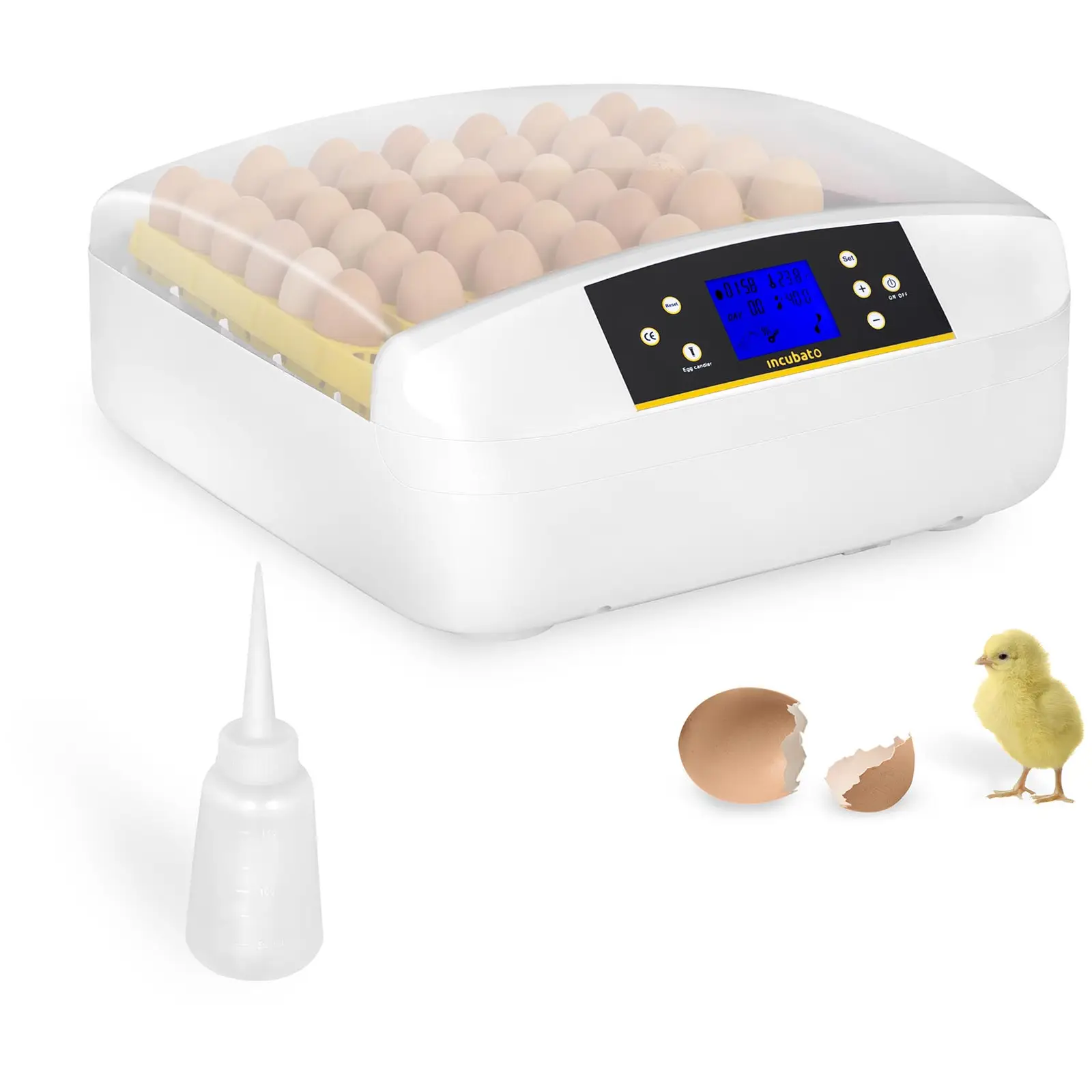
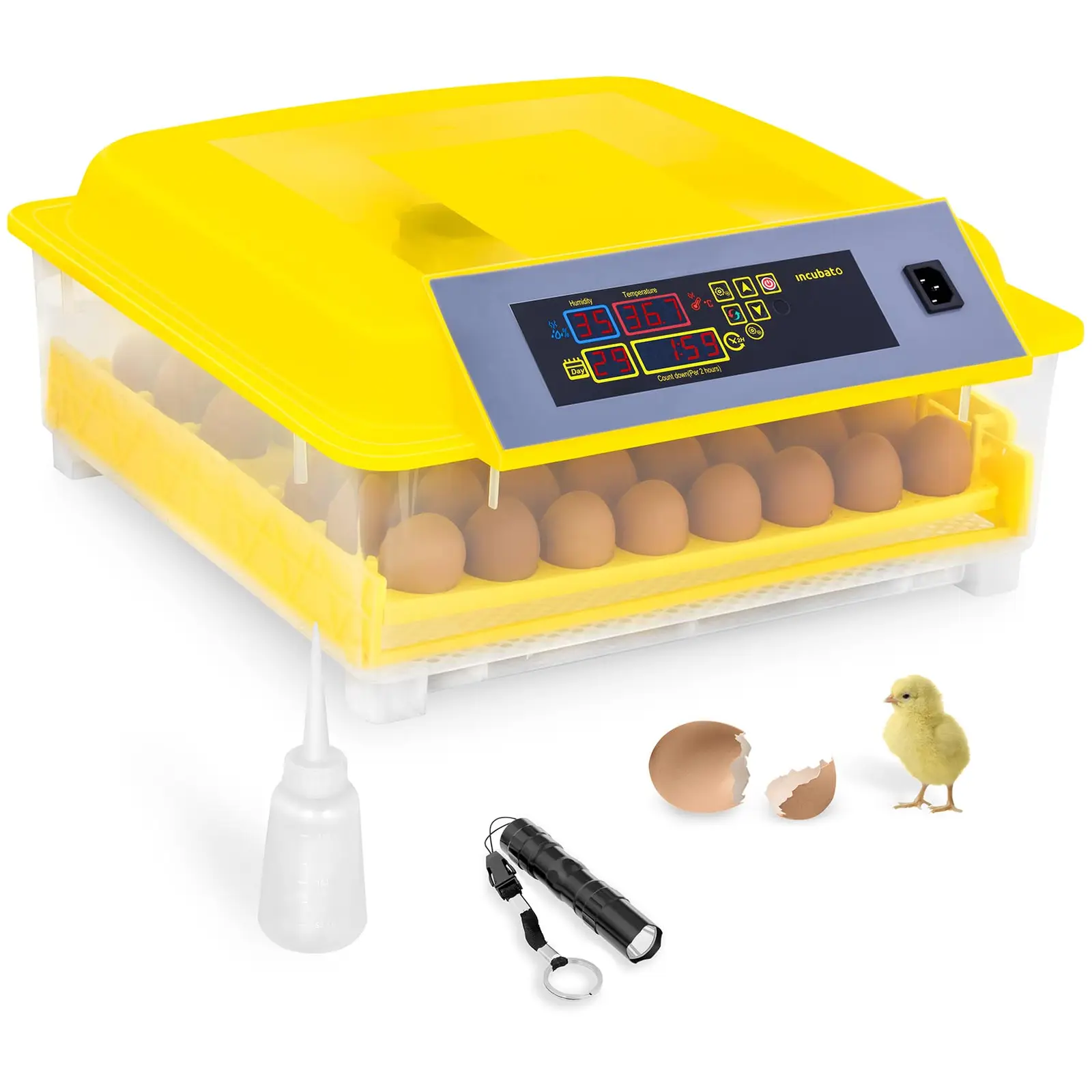
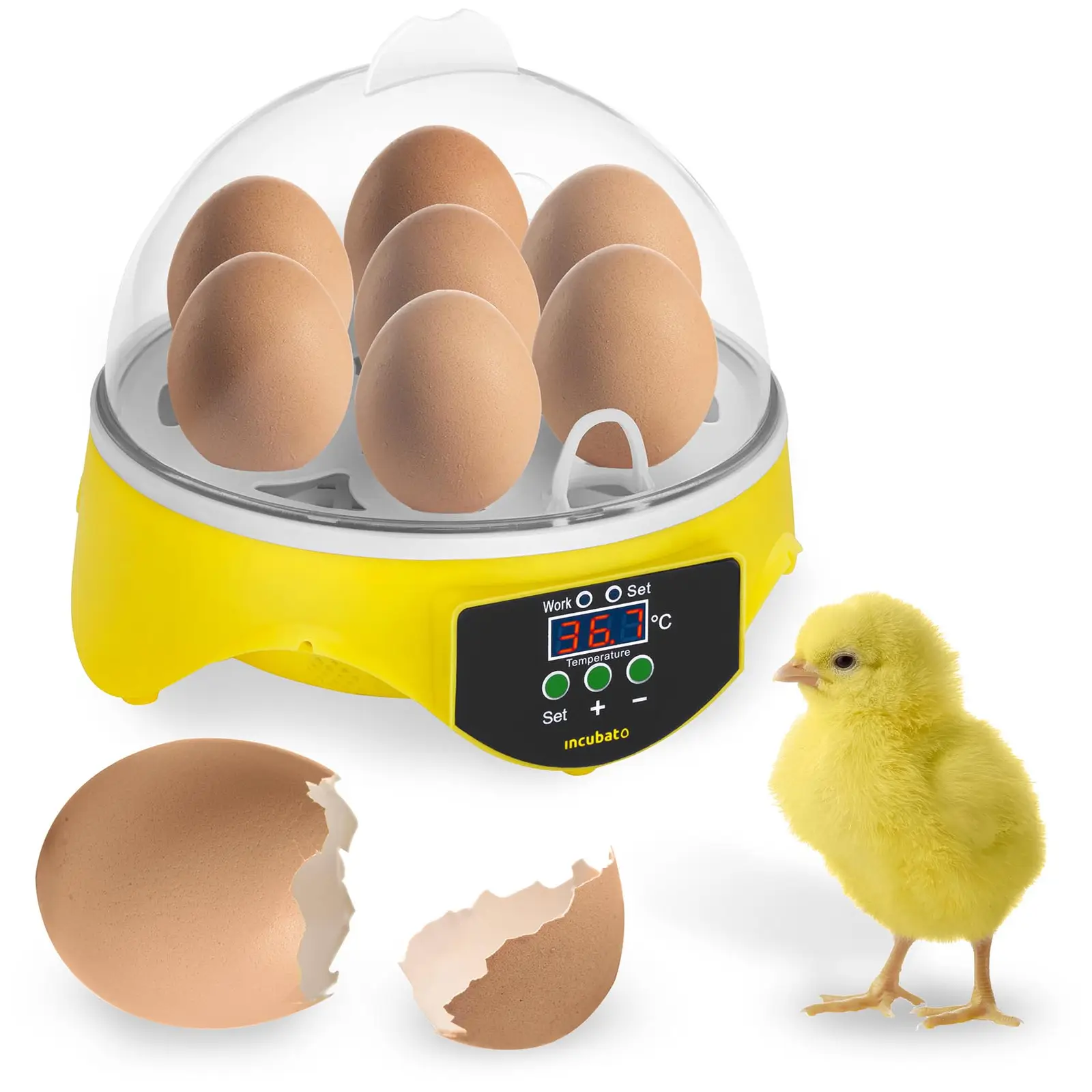
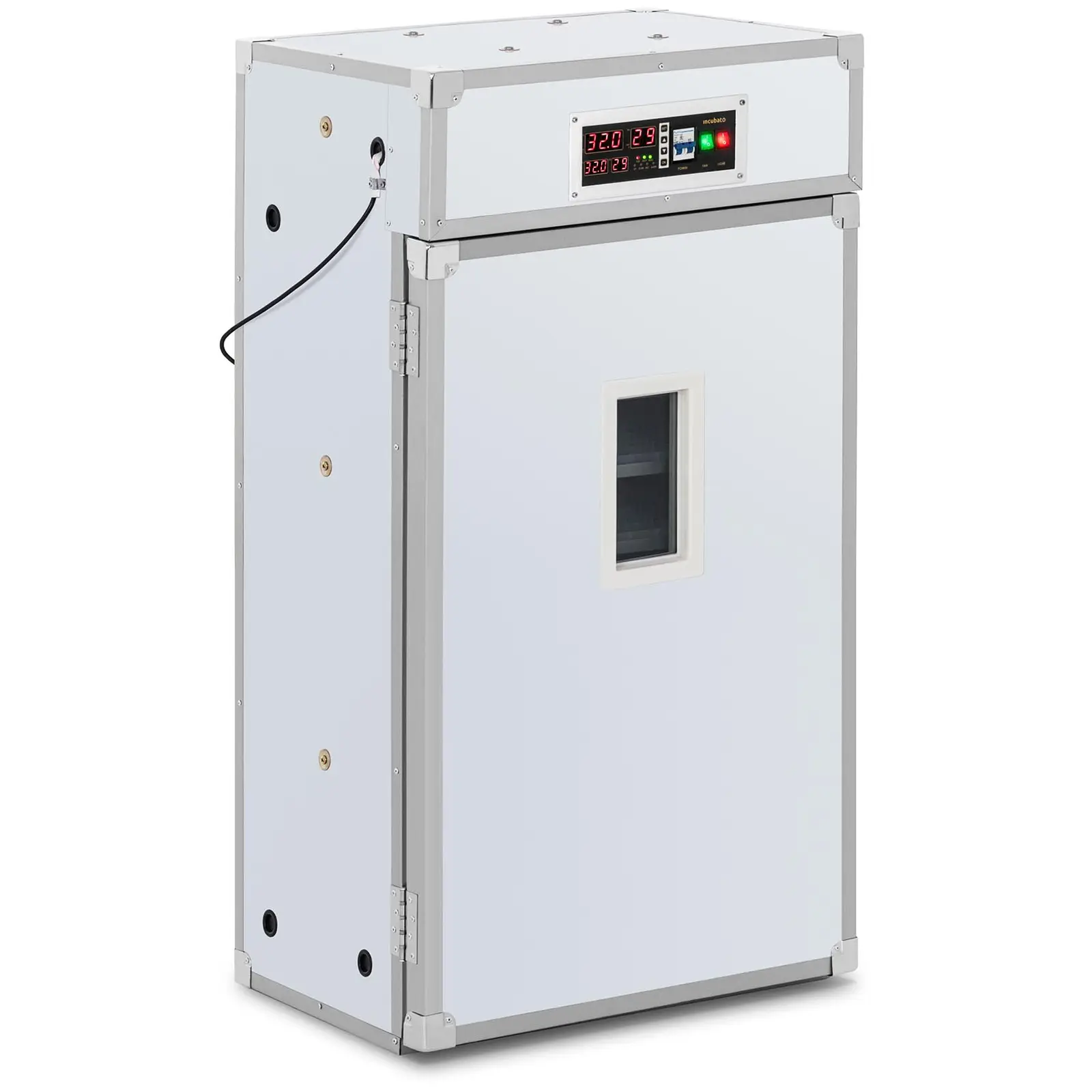
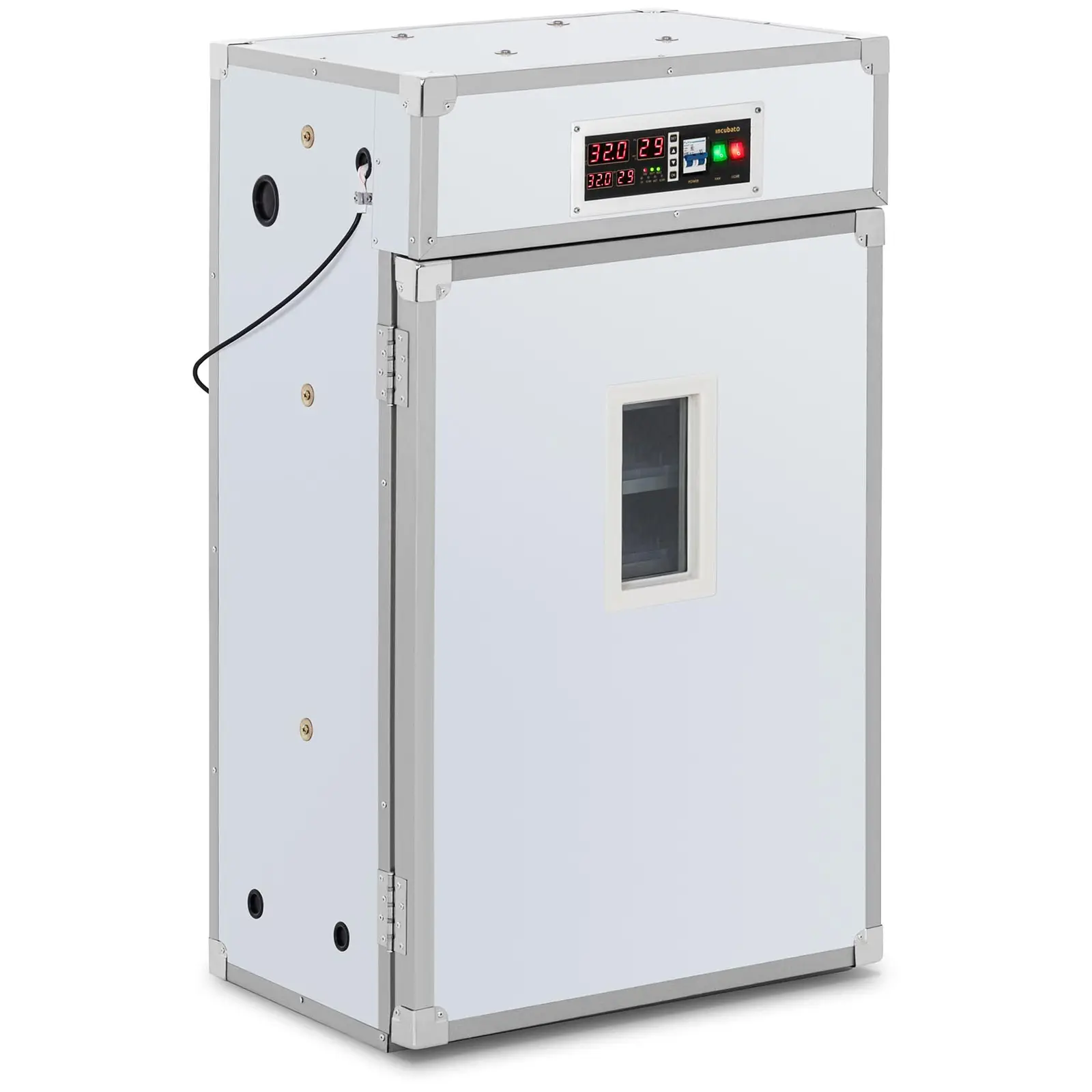
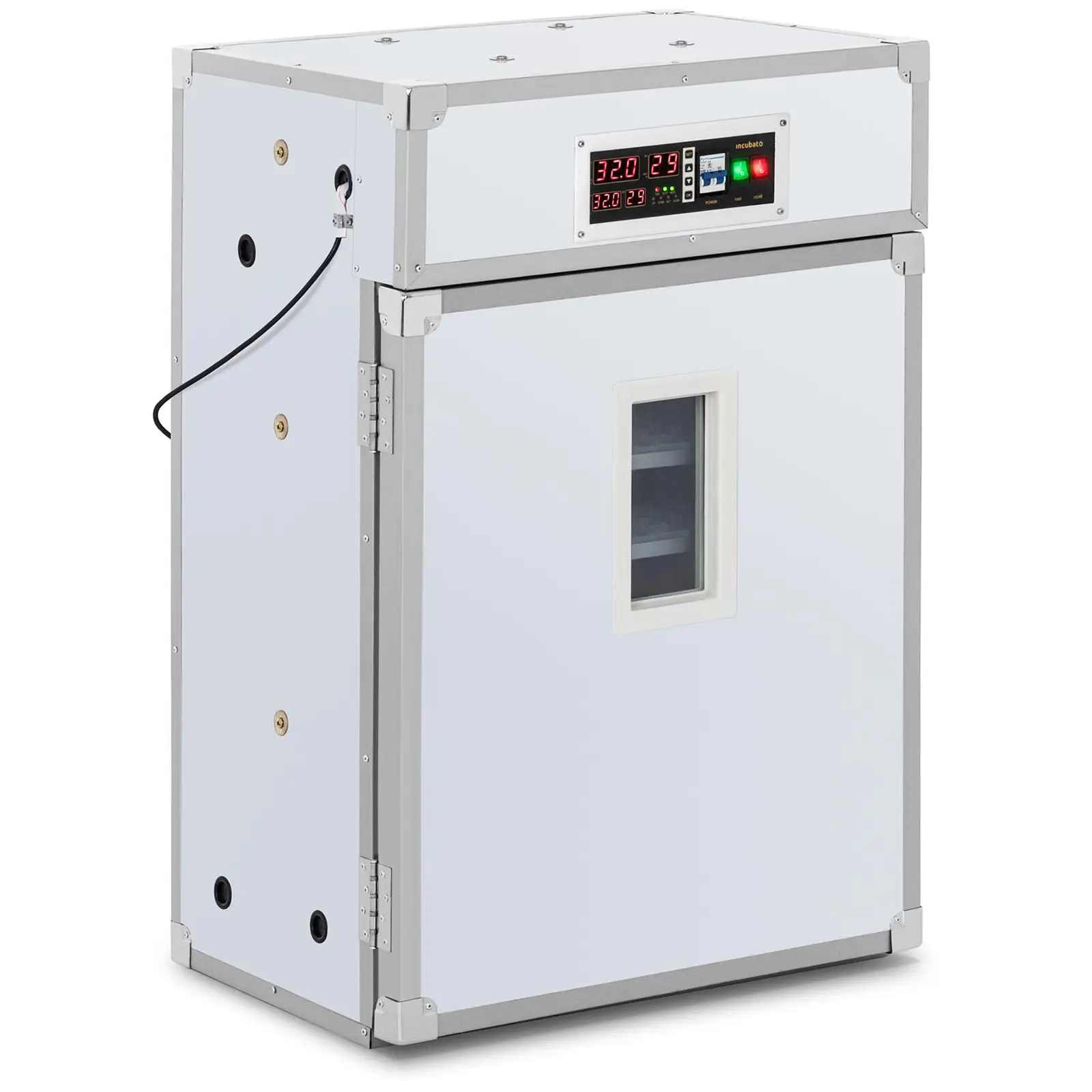
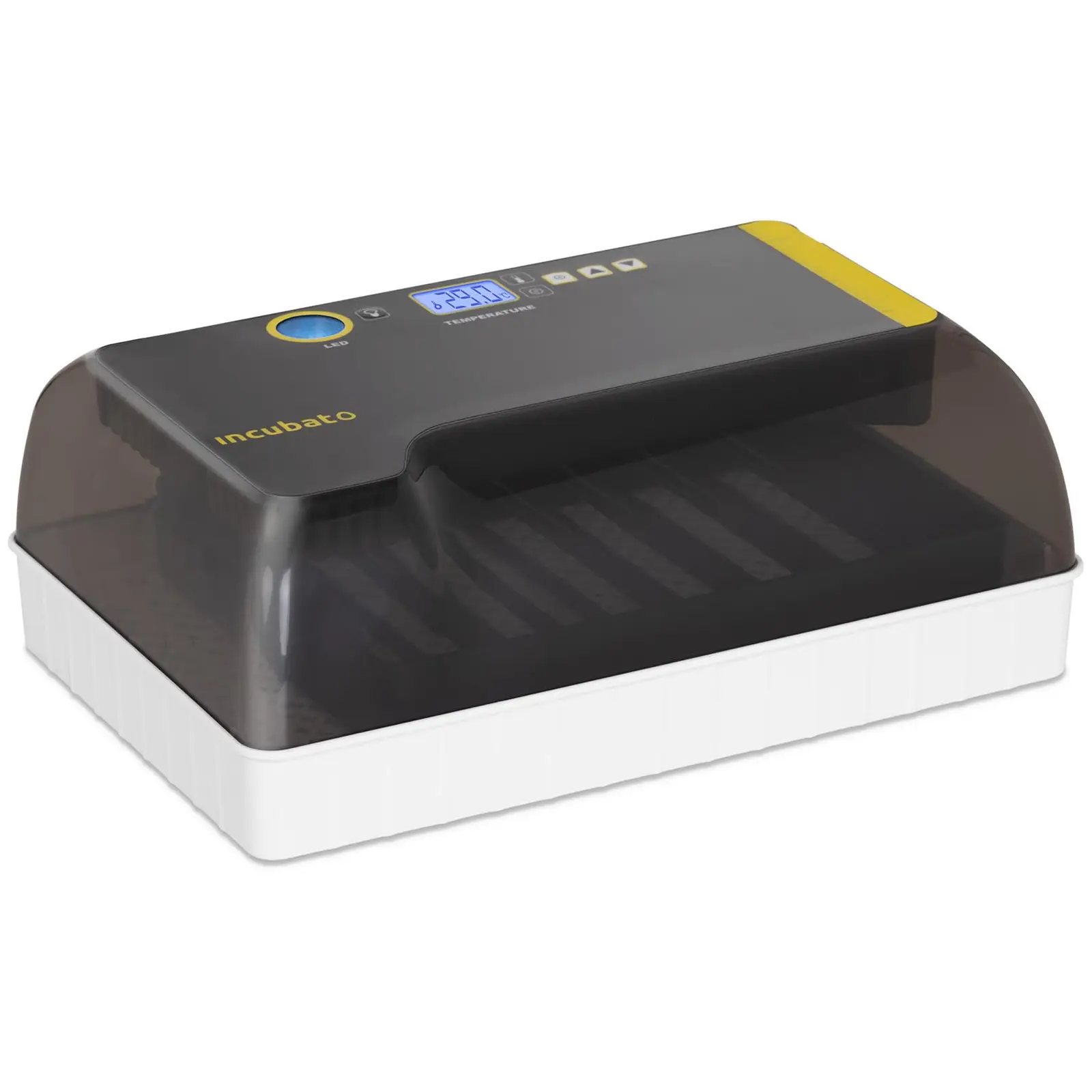

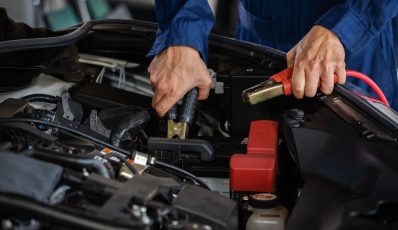




Share